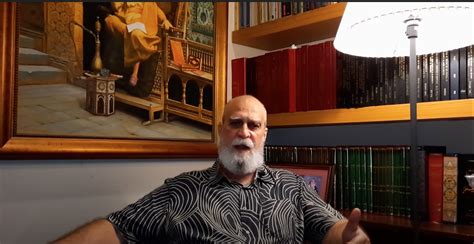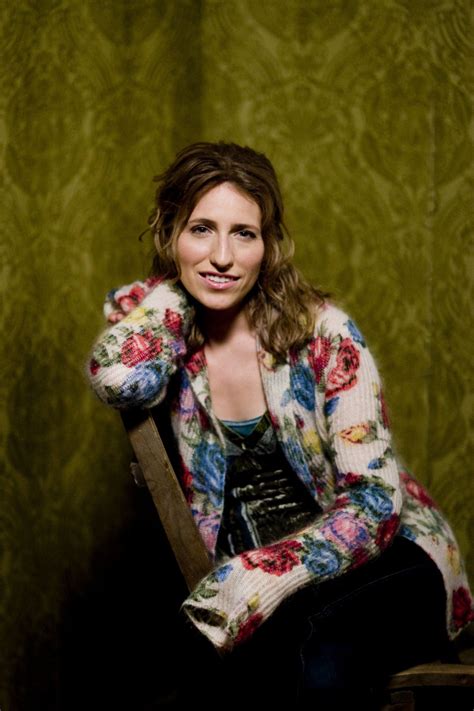A Quote by Charles Dickens
The talker has found a hearer but not a listener; and though he may talk his very best for his own sake, you will find that his mental movements are erratic: they have no fixed centre and no definite object. His talk is like the water of a canal whose banks have given way, which rolls aimlessly hither and thither, without fulfilling any useful function, though it is the same water which was so helpful and serviceable, when it was confined within clearly marked limits by the restraining force of its earthy boundaries.
Quote Topics
Any
Banks
Best
Boundaries
Canal
Centre
Clearly
Confined
Definite
Erratic
Find
Fixed
Force
Found
Fulfilling
Function
G Force
Given
Helpful
His
Like
Limits
Listener
Marked
May
Mental
Movements
Object
Own
Restraining
Rolls
Sake
Same
Talk
Talker
Though
Useful
Very
Water
Way
Which
Whose
Will
Within
Without
Related Quotes
It is like the thirsty traveller who at first sincerely sought the water of knowledge, but who later, having found it plain perhaps, proceeded to temper his cup with the salt of doubt so that his thirst now becomes insatiable though he drinks incessantly, and that in thus drinking the water that cannot slake his thirst, he has forgotten the original and true purpose for which the water was sought.
All that is limited by form, semblance, sound, color is called object. Among them all, man alone is more than an object. Though, like objects, he has form and semblance, He is not limited to form. He is more. He can attain to formlessness. When he is beyond form and semblance, beyond "this" and "that," where is the comparison with another object? Where is the conflict? What can stand in his way? He will rest in his eternal place which is no-place. He will be hidden in his own unfathomable secret. His nature sinks to its root in the One. His vitality, his power hide in secret Tao.
David knew that the very quality of his worship was not based on his own volition but on the object of his worship - the Father, Son and Holy Spirit. Though our affections for God may wax and wane, His character is unchanging! We even see David speaking to his own soul, demanding of it, "Bless the Lord!"
It is natural for every man uninstructed to murmur at his condition, because, in the general infelicity of life, he feels his own miseries without knowing that they are common to all the rest of the species; and, therefore, though he will not be less sensible of pain by being told that others are equally tormented, he will at least be freed from the temptation of seeking, by perpetual changes, that ease which is no where to be found, and though his diseases still continue, he escapes the hazard of exasperating it by remedies.
Clearly the hardest thing for the working artist is to create his own conception and follow it, unafraid of the strictures it imposes, however rigid these may be... I see it as the clearest evidence of genius when an artist follows his conception, his idea, his principle, so unswervingly that he has this truth of his constantly in his control, never letting go of it even for the sake of his own enjoyment of his work.
He is not famous. It may be that he never will be. It may be that when his life at last comes to an end he will leave no more trace of his sojourn on earth than a stone thrown into a river leaves on the surface of the water. But it may be that the way of life that he has chosen for himself and the peculiar strength and sweetness of his character may have an ever-growing influence over his fellow men so that, long after his death perhaps, it may be realized that there lived in this age a very remarkable creature.
Instead of encouraging the student to devote himself to his studies for the sake of studying, instead of encouraging in him a real love for his subject and for inquiry, he is encouraged to study for the sake of his personal career; he is led to acquire only such knowledge as is serviceable in getting him over the hurdles which he must clear for the sake of his advancement.
Socialism is the doctrine that man has no right to exist for his own sake, that his life and his work do not belong to him, but belong to society, that the only justification of his existence is his service to society, and that society may dispose of him in any way it pleases for the sake of whatever it deems to be its own tribal, collective good.
Military tactics are like unto water; for water in its natural course runs away from high places and hastens downwards... Water shapes its course according to the nature of the ground over which it flows; the soldier works out his victory in relation to the foe whom he is facing. Therefore, just as water retains no constant shape, so in warfare there are no constant conditions. He who can modify his tactics in relation to his opponent and thereby succeed in winning, may be called a heaven-born captain.
It is true that water will flow indifferently to east and west, but will it flow equally well up and down? Human nature is disposed toward goodness, just as water tends to flow downwards. There is no water but flows downwards, and no man but shows his tendency to be good. Now, by striking water hard, you may splash it higher than your forehead, and by damming it, you may make it go uphill. But, is that the nature of water? It is external force that causes it to do so. Likewise, if a man is made to do what is not good, his nature is being similarly forced.
Symbols are specific acts or figures, while myths develop and elaborate these symbols into a story which contains characters and several episodes. The myth is thus more inclusive. But both symbol and myth have the same function psychologically; they are man's way of expressing the quintessence of his experience - his way of seeing his life, his self-image and his relations to the world of his fellow men and of nature - in a total figure which at the same moment carries the vital meaning of this experience.
Poverty, we may say, surrounds a man with ready-made barriers, which if they do mournfully gall and hamper, do at least prescribe for him, and force on him, a sort of course and goal; a safe and beaten, though a circuitous, course. A great part of his guidance is secure against fatal error, is withdrawn from his control. The rich, again, has his whole life to guide, without goal or barrier, save of his own choosing, and, tempted, is too likely to guide it ill.
Much of your pain is self-chosen. It is the bitter potion by which the physician within you heals your sick self. Therefore trust the physician, and drink his remedy in silence and tranquility: For his hand, though heavy and hard, is guided by the tender hand of the Unseen, And the cup he brings, though it burn your lips, has been fashioned of the clay which the Potter has moistened with His own sacred tears.





































